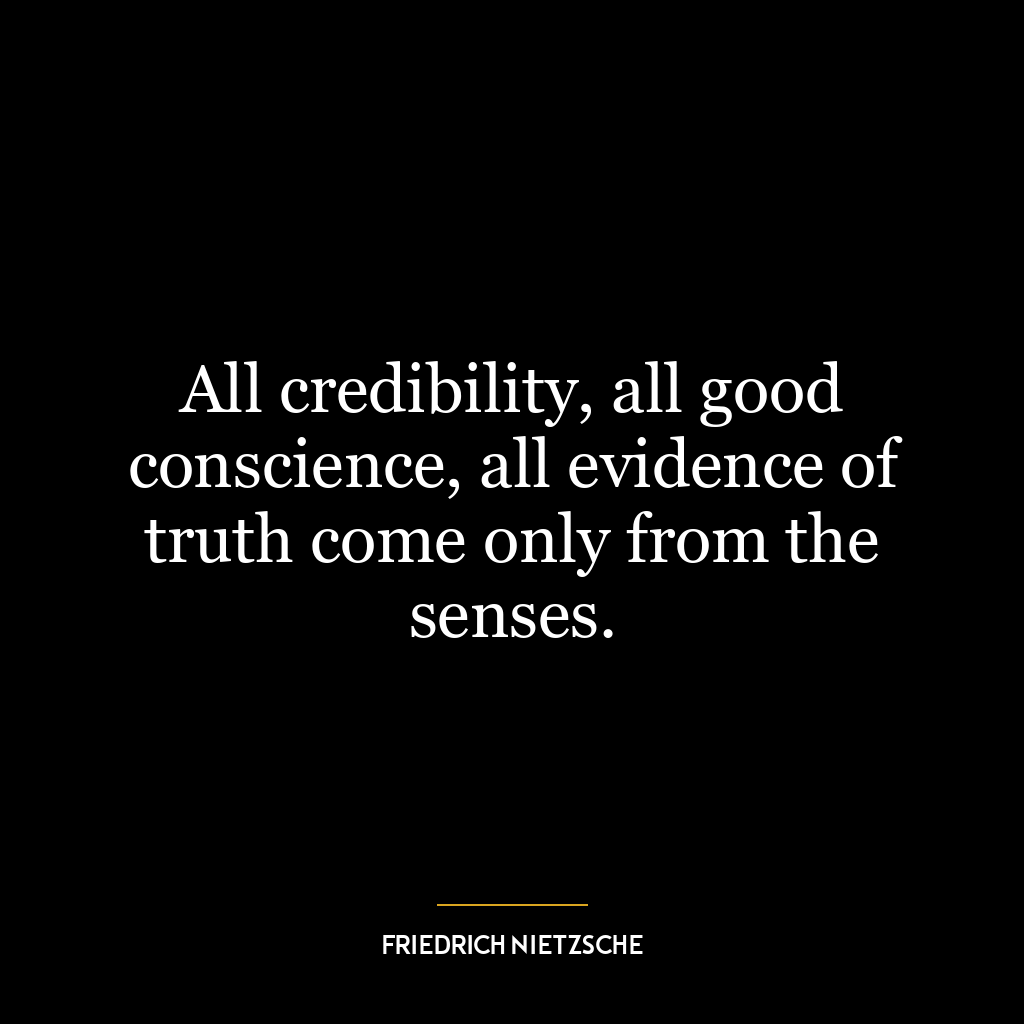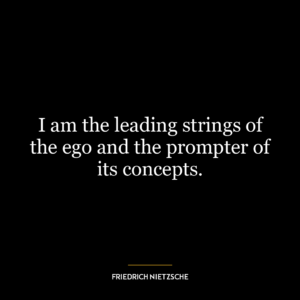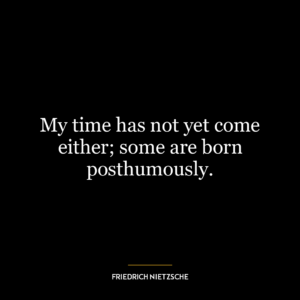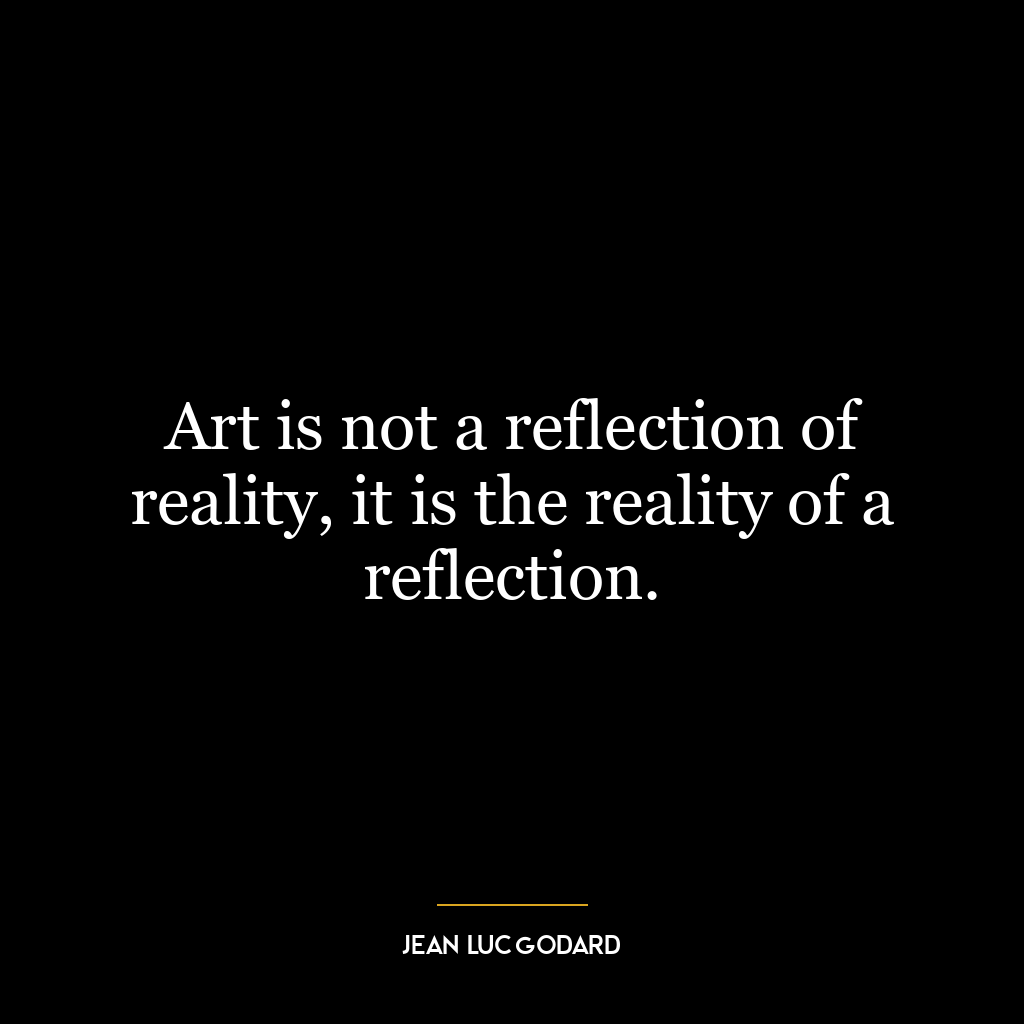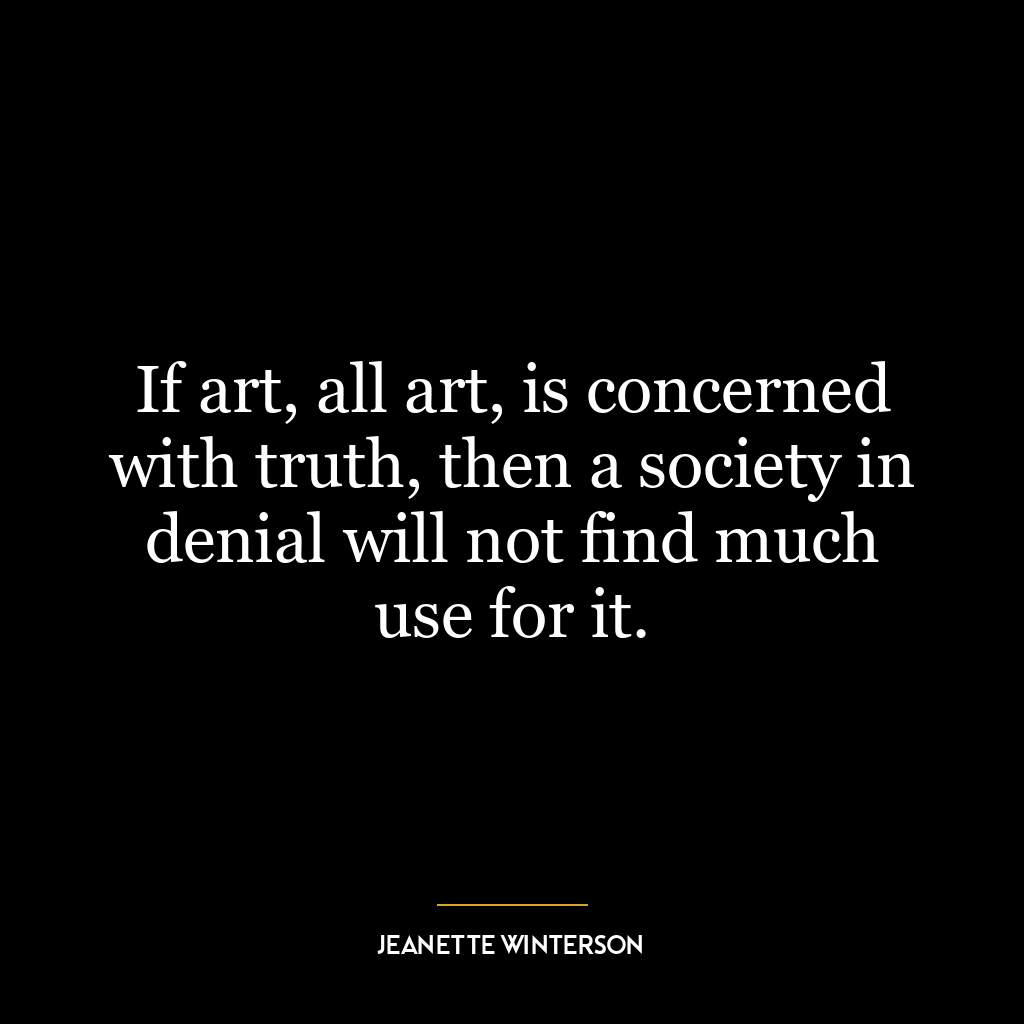All credibility, all good conscience, all evidence of truth come only from the senses.
This quote suggests that our senses are the ultimate arbiters of reality and truth. It implies that our understanding and perception of the world around us, our ability to discern right from wrong, and our capacity to recognize truth all stem from our sensory experiences. In essence, Nietzsche is advocating for a form of empiricism, a philosophical view that knowledge comes primarily from sensory experience.
In the context of today’s world, this idea has immense implications. In an era where misinformation and ‘fake news’ are prevalent, Nietzsche’s quote reminds us to trust our senses and our personal experiences over hearsay or unverified information. It encourages critical thinking and personal investigation rather than blind acceptance of information.
In terms of personal development, this quote could be interpreted as a call to become more in tune with our senses and our experiences. It suggests that by paying close attention to our sensory experiences, we can better understand ourselves, our values, and the world around us. This could involve practices such as mindfulness or meditation, which encourage focus on the senses and the present moment.
However, it’s also important to consider the limitations of this perspective. Our senses can be easily fooled, and our perceptions can be influenced by our biases and preconceptions. Thus, while our senses are crucial tools for understanding the world, they should be supplemented with critical thinking and open-mindedness.

